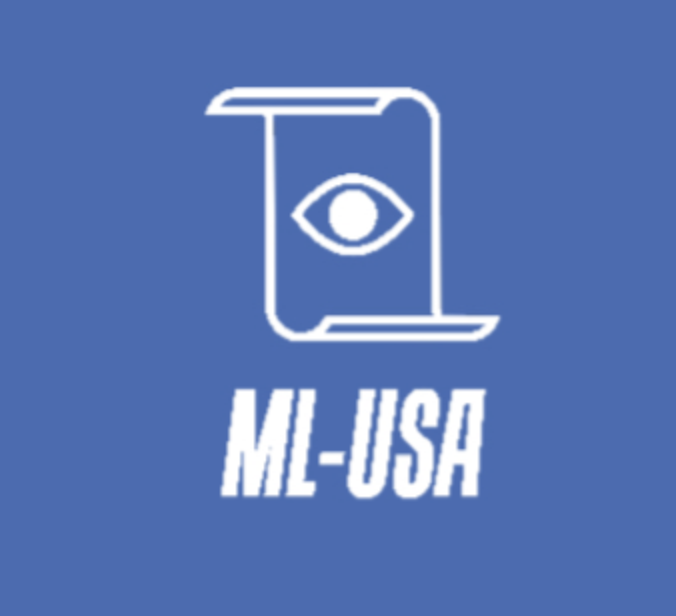10,807 females in Maryland are living with the disease that causes AIDS
BALTIMORE – (March 10, 2015) In accordance with today being National Women and Girls HIV/AIDS Awareness Day (NWGHAAD), the Department of Health and Mental Hygiene is urging women and teenage girls to get tested for HIV.
Nearly 5,000 Marylanders are infected with the human immunodeficiency virus (HIV) but are unaware of their status, according to the U.S. Centers for Disease Control and Prevention (CDC). HIV is the disease that causes Acquired Immunodeficiency Syndrome (AIDS). Given the number of Marylanders unaware of their HIV-positive status and the importance of early HIV care, the DHMH Infectious Disease Bureau is promoting awareness. Women and girls ages 13 and older should seek HIV testing, counseling, and referral services.
As of December 2012 – the most recent data – 30,061 Marylanders were diagnosed with HIV; of those diagnosed, 76 percent were African American, 15 percent were white and 5 percent were Hispanic. There were 10,807 women and girls living with HIV (all ages included); 67 percent of the adult or adolescent females with HIV in Maryland were infected through heterosexual exposure and 33 percent were exposed through injection drug use.
While presently there is no cure for HIV, treatment is effective. Highly Active Antiretroviral Therapy (HAART) medications used regularly and taken as prescribed can prevent transmission to others. Because this medicine cannot rid the body of HIV, treatment to manage HIV infection is a lifelong process. There is even treatment for those at risk of contracting HIV; people who are at risk for HIV should consult with a health care provider to learn about pre-exposure prophylaxis (PrEP) medications used to prevent infection. Treatment is especially critical for HIV-infected pregnant women. If a woman is infected with HIV/AIDS during pregnancy, she can receive medications to lower the risk of mother-to-child transmission of HIV and to protect her own health. Once diagnosed with HIV, individuals should talk to their primary care physicians about HIV care services.
Here are some ways that sexually transmitted diseases affect women differently from men:
- A woman’s anatomy can place her at a unique risk for STD infection, compared with a man’s.
- Women are less likely to have symptoms of common STDs.
- Women are more likely to confuse symptoms of an STD with something else.
- Women may not see symptoms as easily as men.
- STDs can lead to serious health complications and affect a woman’s future reproductive plans.
- Women who are pregnant can pass STDs to their babies.
- Human papillomavirus (HPV) is the most common sexually transmitted disease in women, and is the main cause of cervical cancer.
Resources:
- To locate free HIV testing sites in Maryland text your local ZIP code to KNOWIT (566948) for a site near you; or call 410.767.5132 or you can go to the PHPA website.
- Learn more about National Women and Girls HIV/AIDS Awareness Day by using the DHMH National Women and Girls HIV/AIDS Awareness Day interactive E- Newsletter located athttp://goo.gl/MS19CO on http://goo.gl/dXg0Zo.
- Maryland-based agencies can obtain free educational materials by calling the Materials Distribution Center at 410-799-1940 or by calling the Infectious Disease Bureau at 800-358-9001.




